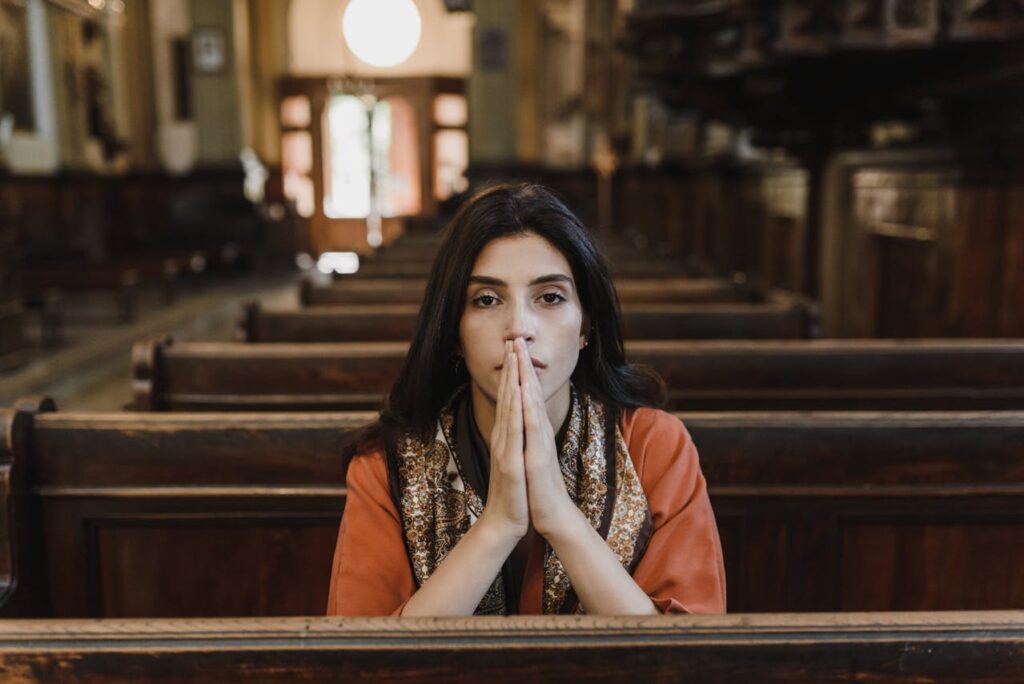In Serbia today, a significant gap persists between the promise of gender equality enshrined in law and the realities of women’s lives. While the Constitution guarantees equal rights, and gender quotas mandate at least 40% representation in government bodies, the situation on the ground tells a different story. Women often achieve higher levels of education than men but earn less on average and remain underrepresented in leadership roles.
This systemic imbalance highlights the urgent need for action. While non-governmental organizations and research institutes, like the Institute for Philosophy and Social Theory, have long advocated for change, one avenue stands out as particularly transformative: education. But not just any education—comprehensive, inclusive adult education designed to empower women as equal citizens.

Education That Deconstructs Patriarchy
Why focus on adult education? Traditional schooling often reinforces patriarchal norms under the guise of preserving national identity, particularly in Serbia. Orthodox Christianity, a cornerstone of this identity, has frequently been wielded to uphold “traditional values” that stifle women’s progress. This dynamic came to the fore in 2021, when Serbia adopted the Law on Gender Equality. The law aimed to tackle structural inequality but quickly met resistance, particularly from the Serbian Orthodox Church, which actively campaigned against it. Today, the law remains suspended, pending a review by the Constitutional Court.
For education to truly liberate, it must address these cultural and ideological barriers head-on. This means engaging with the narratives that have historically oppressed women and offering alternative interpretations. For instance, Christian theology need not be an ally of patriarchy. Feminist interpretations of Christianity emphasize personal freedom and equality, values that align with the goals of women’s emancipation.
A Critical Pedagogy for the Western Balkans
The method for such education lies in critical pedagogy—a theory of learning rooted in dialogue, empowerment, and social justice. Inspired by Paulo Freire’s work with marginalized populations, critical pedagogy emphasizes not just literacy in reading and writing but also in human rights, democracy, and dignity.
In the Western Balkans, where patriarchal and heteronormative “family values” dominate, such an approach could be revolutionary. By teaching adults to critically analyze the cultural and religious narratives shaping their lives, we can dismantle the ideologies that perpetuate inequality. This isn’t about rejecting tradition outright but about questioning who benefits from certain interpretations of tradition and whose voices have been excluded.
The Role of Christianity in Feminist Pedagogy
Christianity’s relationship with critical pedagogy is complex. In South America, Freire’s work drew heavily on liberation theology, a movement within Christianity that aligns closely with feminist ideals of love, equality, and freedom. In North America, critical pedagogues like Henry Giroux and Peter McLaren have used similar frameworks to confront evangelical fundamentalism and promote inclusive, democratic education.
In the Balkans, however, Christianity often aligns with patriarchal family values, resisting discussions on gender equality and sexual education. Yet, even in Serbia, there are theological traditions that advocate for liberation and equality. Incorporating these perspectives into adult education programs could offer a powerful counter-narrative to the dominant patriarchal discourse.
Why Education Matters
Education is a slow but powerful force for change. By equipping women with the tools to analyze and challenge oppressive structures, we create a ripple effect that can transform entire communities. Adult education, in particular, allows women who may have missed earlier opportunities to engage with empowering ideas and build new futures for themselves and their families.
The Western Balkans is at a crossroads. As traditional values clash with modern aspirations for equality, the region must decide whether to cling to outdated ideologies or embrace a future where everyone—regardless of gender—has an equal chance to thrive. Through critical, inclusive education, we can begin to tip the scales toward the latter.